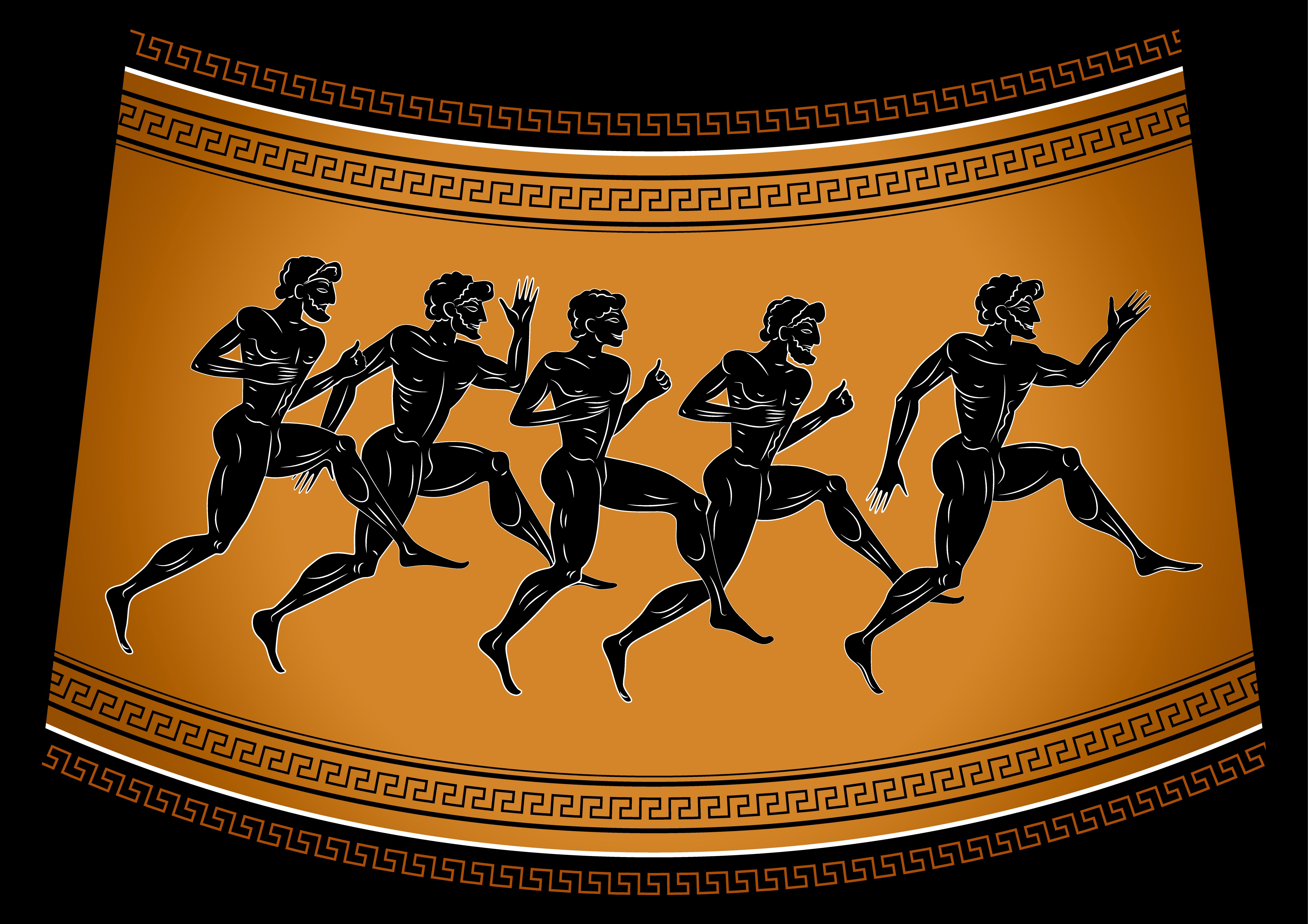Journey Through 1&2 CorinthiansSample

Paul’s Apostleship: Behind the Text
Paul uses a few metaphors to explain his ministry and his identity—metaphors that the Corinthians could fully understand.
Running the Race
Paul’s athletic metaphors in 1 Corinthians reference running and boxing, two events typical of ancient Greek sporting events:
Do you not know that in a race all the runners run, but only one gets the prize? Run in such a way as to get the prize. Everyone who competes in the games goes into strict training. They do it to get a crown that will not last, but we do it to get a crown that will last forever. Therefore I do not run like someone running aimlessly; I do not fight like a boxer beating the air. No, I strike a blow to my body and make it my slave so that after I have preached to others, I myself will not be disqualified for the prize.
1 Corinthians 9:24-27 (NIV)

This actually isn’t Paul at all. It’s Epictetus, a Greek philosopher who wrote in the late 1st and early 2nd centuries AD. These types of athletic metaphors were common in ancient Greek literature, dating back to Homer. People like Isocrates, Plutarch and Seneca were among the many writers to use athletic imagery and themes to promote moral improvement and wholeness. It would have resonated especially in Corinth, as it was the site of one of the four major sporting events in ancient Greece, known as the Panhellenic games.
These games took their name from their location on the Isthmus of Corinth. The Isthmian Games were second in importance to only the Olympic Games and occurred every two years rather than every four.
Sources: Raymond F. Collins, First Corinthians, 1999, p. 357; Epictetus, Discourses 4.4.30.
Demolishing Strongholds—Paul’s Way of Waging War
The End of the Race
Being placed at the end of a “procession” or a “victor’s parade” (NLT) might sound like an honorable or favored position, but Paul clearly has something different in mind. Those at the end of the parade are those who are “sentenced” to death. This reference is specific enough for it to be clear that Paul is drawing on a familiar scene from life in the Roman empire.
It was typical of conquering Roman generals to bring home prisoners of war at the end of returning military processions or parades, and many of these prisoners would meet their death in gladiatorial combat for the entertainment of the Roman public. Paul is reminding the Corinthians that he and the other true apostles are on their way to becoming spectacles for the cross of Christ “for the whole universe.” The Corinthians can either join him in the arena or remain in the stands. Once again, Paul reminds us that the honor and glory of Christians is found in the shame of the world. Just as Jesus’ glory is found in the cross, believers’ glory is often a spectacle of humiliation and suffering.
About this Plan

Have you ever wished for a Bible study that could take you beyond surface-level reading? If so, get ready for our journey through the books of 1&2 Corinthians! You'll get to immerse yourself in Scripture (by looking at key terms and ideas), explore what's behind it (by learning historical-cultural background), and also discover its impact by considering its implications, not only for you, but for the global church. Let's dive in!
More
We would like to thank Bible Journey Ministries for providing this plan. For more information, please visit: https://www.biblejourney.com
Related Plans

Retirement: Top 5 Challenges in the First Years

The Wonder of Grace | Devotional for Adults

The Fear of the Lord

Experiencing Blessing in Transition

Disciple: Live the Life God Has You Called To

Giant, It's Time for You to Come Down!

Finding Freedom: How God Leads From Rescue to Rest

Genesis | Reading Plan + Study Questions

Virtuous: A Devotional for Women
